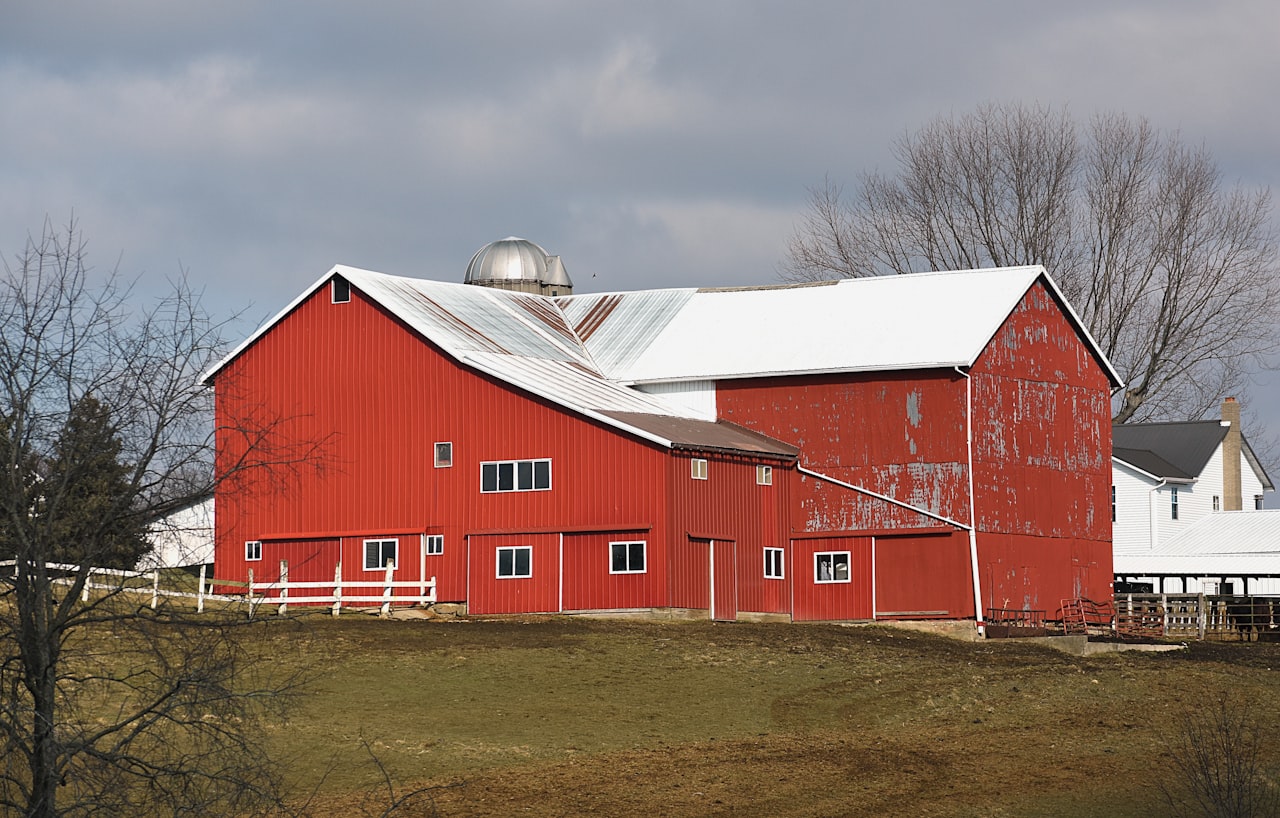Using PUV Savings To Strengthen Your Financing Plan


Buying or refinancing land in Nash County? If your acreage qualifies for Present‑Use Value, your annual tax bill can drop and your cash flow can improve. The opportunity is real, and so is the tradeoff: a deferred tax lien that can come due when you change use or sell.
Present‑Use Value lets qualifying agricultural, horticultural, forest, or wildlife land be assessed on its current productive use, not full market value. That usually means materially lower yearly property taxes while enrolled. You apply and maintain eligibility with your county tax office, which follows statewide rules and guidance from the N.C. Department of Revenue. The state’s PUV guide explains the framework, and Nash County provides the standard forms on its Tax Forms page.
Applications are generally filed during the listing period in January for the tax year you seek. Some timing exceptions apply if your value changes or you recently transferred a tract. The state guide outlines the details, and Nash County can confirm local deadlines. See the PUV guide and the county’s forms page for what to file.
The lower tax you pay in PUV is a deferral, not a forgiveness. The difference between market‑value taxes and use‑value taxes is recorded as deferred taxes that become a lien on the property. If the land stops qualifying, deferred taxes for the year of disqualification and the prior three fiscal years, plus interest, become due. The sale rules also matter: when you sell at or below present‑use value, deferred taxes are extinguished. If you sell above present‑use value, a portion of the prior three years of deferred taxes becomes due under a statutory formula. You can review these rules in G.S. 105‑277.4.
PUV can improve your debt‑service coverage because annual taxes are lower while you are enrolled. Lenders also recognize the deferred‑tax lien and the risk of a lump‑sum bill at sale or disqualification. Common responses include requiring payoff of deferred taxes at closing, asking for an escrow or reserve, or declining to lend until the exposure is resolved. The cleanest way to underwrite the risk is to request an official estimate using NCDOR Form AV‑7 from the Nash County tax office and provide it to your lender and title company early.
Lower carrying costs can help you qualify for a larger loan or keep payments comfortable while you operate or hold timber. Build your plan around three ideas:
Counties perform periodic reviews and can request production records, income documentation, or your forest management plan. Failure to respond or maintain required conditions can lead to disqualification and rollback billing. For a plain‑language look at how counties review files, see this example of a county compliance page used in North Carolina present‑use value reviews.
You apply for PUV and your annual tax bill drops while you operate your farm or timber tract. A few years later, you plan to sell at market value. Before listing, you request an AV‑7 estimate so you know the potential deferred taxes tied to the sale. Your lender or buyer’s lender asks for that estimate and may require payoff or an escrow at closing. You factor that number into pricing, credits, or a voluntary payoff using AV‑3 so the deal stays on track.
The strongest outcomes come from early coordination between you, the Nash County Tax Assessor, your lender, your title company, and your attorney. A few proactive steps can turn PUV savings into a real advantage during ownership and prevent last‑minute surprises at closing. If you are weighing enrollment, a sale, or a change of use, we can help you map out the process, assemble the right professionals, and market your asset with clarity.
Ready to plan your next move in Nash County? Reach out to Legacy Farms and Ranches for land‑smart guidance and a smooth path to the closing table.


Every sportsman has his or her own style when it comes to using dogs as hunting companions.


Discover museums highlighting North Carolina's mineral resources and gem industries.

Rocky Mount residents, according to legislation, are required to pay a property tax on their dogs.


Mother Nature provides clues for weather events and seasonal patterns.


As the field of agritourism grows worldwide and thrives in North Carolina.
If you have a unique country home, hunting or fishing land, or other premier North Carolina property for sale, call Legacy Farms and Ranches today to learn how they can help you market your property to thousands of discerning viewers across the country.